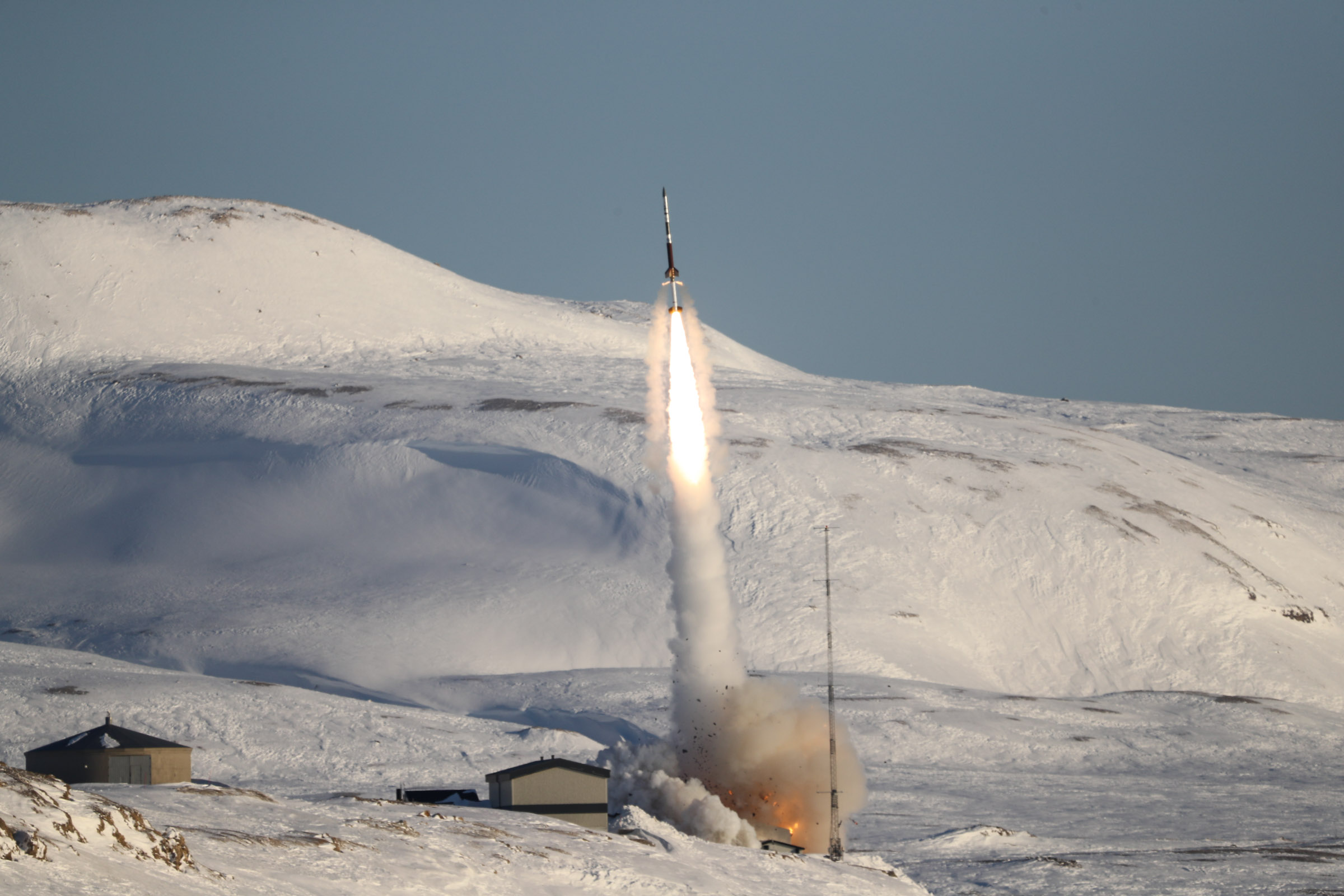NASA launches mission to explore why Earth supports life and other planets don’t

- Country:
- Norway
A sounding rocket carrying NASA's Endurance mission launched today to investigate Earth's life-supporting secret - why does our planet support life, when other planets like Venus and Mars don't? The rocket launched from Ny-Ålesund in Svalbard, Norway on May 11, 2022, at 3:31 a.m. local time.
"The flight was a splendid success. Everything deployed just as it should (8 booms, 1 hinged sensor, and 2 sprung-loaded caps that all had to come out in time). We got fabulous data all through the flight, though it will be a while before we can really dig into it to see if we achieved our science objective or not. After 6 years of hard graft, watching Endurance take flight was a dream come true," said Glyn Collinson, the mission's principal investigator in a statement.
That’s one for sounding rockets! 🚀 A sounding rocket launched from Svalbard, Norway, on May 11 carrying the Endurance mission, which hopes to explore why Earth supports life when others planets like Mars and Venus don’t. https://t.co/avUz6UP2ig pic.twitter.com/CLrxPVZm0s
— NASA Wallops (@NASA_Wallops) May 11, 2022
Earth's twin planet - Venus - was once much wetter than it is today, but it dried out for reasons scientists still don't fully understand. Figuring out why could pinpoint a key difference from Earth - and reveal a hidden ingredient for a habitable planet, NASA says.
According to NASA, the Endurance mission will attempt to measure Earth's global electric potential - how much Earth's electric field "tugs" at electrically charged particles in our air? This electric potential is expected to be very weak, making it difficult to measure - and one reason Earth can support life.
The mission will measure electrons escaping from Earth's atmosphere. These electrons escape Earth at a specific, predictable speed, but they should be slowed ever so slightly by Earth's global electric potential.
More information about NASA's Endurance mission is available here.










